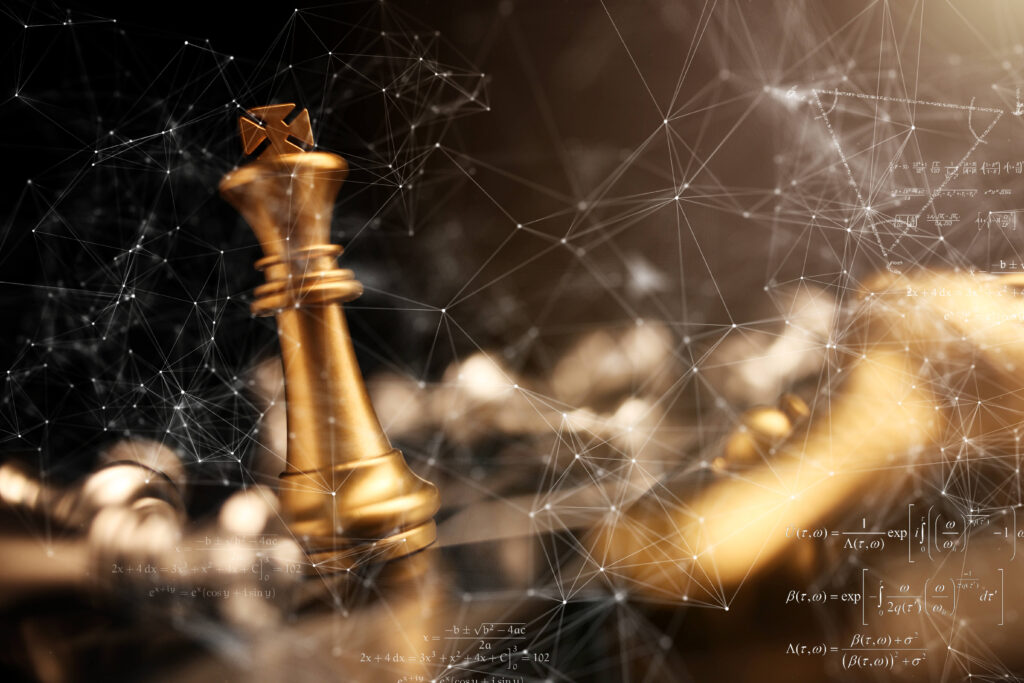Psychology in Chess: How Emotions and Thinking Affect Players Performance
August 9, 2023
Blog,Chess Strategy
Chess, a game dating back to the Middle Ages, is not just a battle of tactical minds and intellect but also a contest of emotions and psychological aspects of the players. Within the 64 squares of the board, a true mental war unfolds, but what happens outside the board, in the minds of the players, also has a tremendous impact on the outcome of a chess game. In this article, we delve deeper into how psychology plays a crucial role in chess, influencing decisions, performance, and the ultimate result of the game.

1. Emotional Stability and Concentration:
In chess, emotional stability and concentration are crucial. Whether you are a beginner or an experienced grandmaster, all players face the challenge of maintaining inner composure and focus during a game. Emotions like fear, anxiety, and nervousness can negatively affect the quality of the decisions a player makes. When emotionally disturbed, players are more prone to making mistakes and overlooking potential threats. Developing emotional intelligence and self-regulation abilities can help players remain calm and composed, even in the most challenging situations.
2. Psychological Pressure in Tournaments:
Competitive chess involves participating in tournaments, competitions, and matches against other players. These events often create intense psychological pressure on the players. The desire to win, public expectations, and the significance of individual games can trigger anxiety and nervousness, which can negatively impact performance. Players must cope with this pressure and learn how to turn it into a positive stimulus that enhances their game rather than hinders it.
3. Time Management:
Chess clocks impose time limits on players’ thinking and move selection. This time constraint creates an additional challenge known as time pressure. Players must deal with the challenge of thinking quickly and making decisions within the allotted time while avoiding running out of time. Time management requires skillful planning and prioritization to make critical moves in crucial moments of the game.
4. Recognizing Opponent's Weaknesses:
Understanding the opponent’s psychology and identifying their weaknesses is crucial to gaining an advantage in a game. Psychological observation of the opponent, recognizing behavioral patterns, and identifying habits and preferences can help players devise a strategy that leads to victory. Sometimes, cleverly using psychological traps and tricks can lead the opponent into making a mistake.
5. Psychological Traps:
Masterful players often set traps to lure their opponents into making mistakes. This can involve intentionally setting unclear positions, false threats, or tactical combinations that look enticing but lead to an unfavorable position for the opponent. Skillful use of psychological traps can be a potent weapon in the hands of chess players.
6. Self-Confidence and Motivation:
Self-confidence is a crucial factor that influences performance in chess. Believing in one’s abilities
and one’s own game helps players make bold decisions and work towards achieving their goals.
Motivation, either from internal desires for improvement or external sources such as ambitions and
rewards, also plays a significant role in achieving top-notch results.
